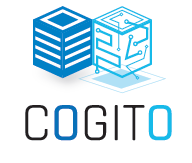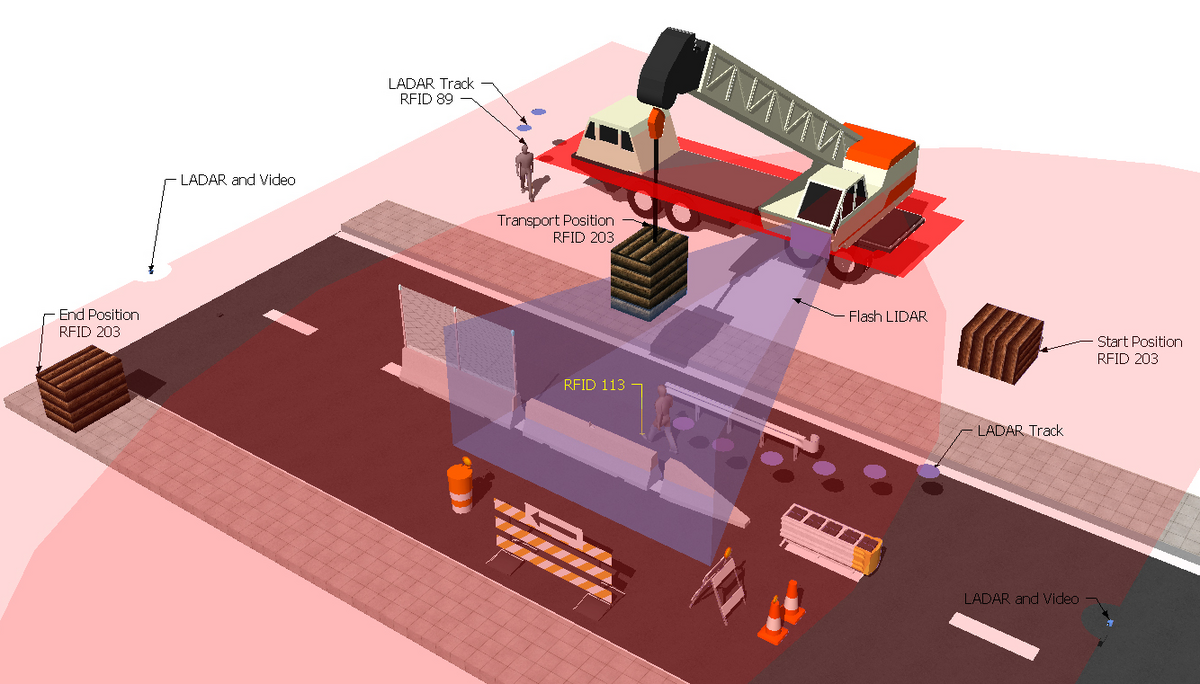
The project “COGITO: Construction-Phase Digital Twin Model” (2020-2023) is sponsored by the European Commission’s Horizons 2020 Framework Programme through its Digital Twins call for proposals. COGITO aims to materialise the benefits digitalization brings for the construction industry by harmonising Digital Twins with information from construction projects. The project envisions to create and test novel methods and technologies that enable lean construction, for example, contribute to reduce operational waste of all kinds, shorten construction schedules, reduce carbon footprint and costs, and enhance quality and safety. COGITO sets emphasis on the planning and operations phase of construction projects. Methods like Building Information Modeling (BIM) for safe and efficient construction site planning and sensors for as-performed project status monitoring and control play vital roles in the research. Simply cobbling together a selection of monitoring technologies and devising appropriate applications, however, would fail to deliver the potential fundamental change that Digital Twins make possible for construction. Therefore, COGITO places development of the fundamental principles for a Digital Twin for the construction-phase at the core of the research.
The research team at Aarhus University contributes to COGITO with an interdisciplinary research team from the Department of Civil and Architectural Engineering (CAE) and the Department of Electrical and Computer Engineering (ECE). In their research scope Jochen Teizer, Lukas Esterle, Carl L. Schultz, and Peter G. Larsen formalize and test a digital construction twin specifically for construction safety and health. They work The team’s core contributions are:
COGITO focuses on infrastructure construction applications. The demonstrators that will be developed in this project aim at demonstrating processes and technology that identify, eliminate and learn from hazards on real construction sites.
